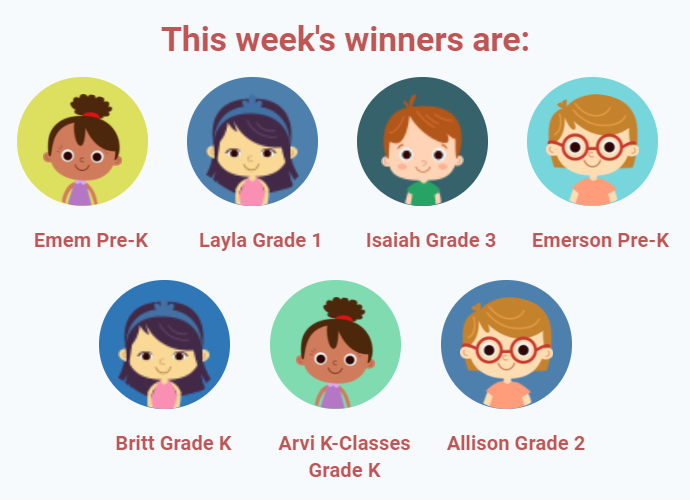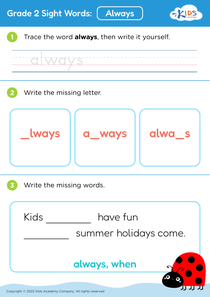Logical Thinking worksheets activities for Grade 2
6 filtered results
-
From - To
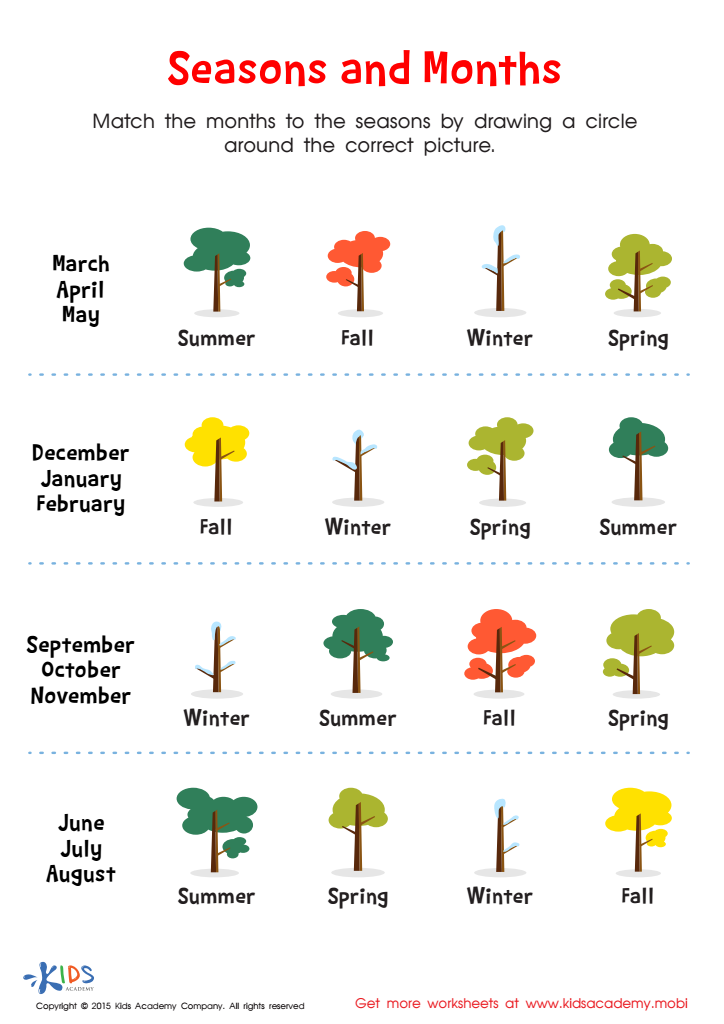

Seasons and Months Worksheet
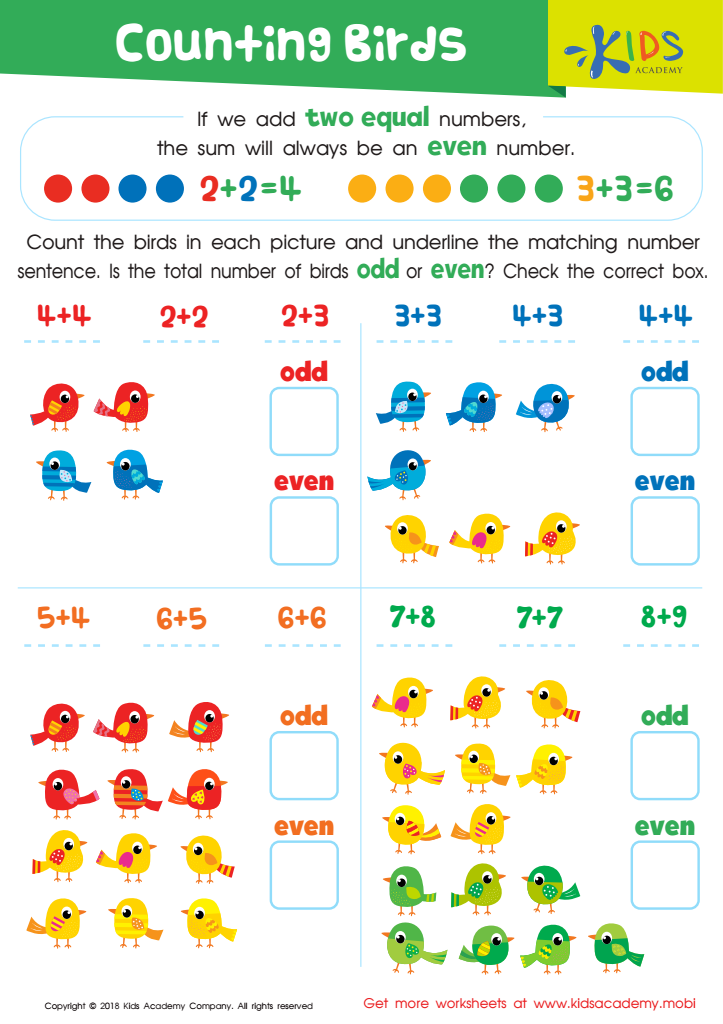

Counting Birds Worksheet
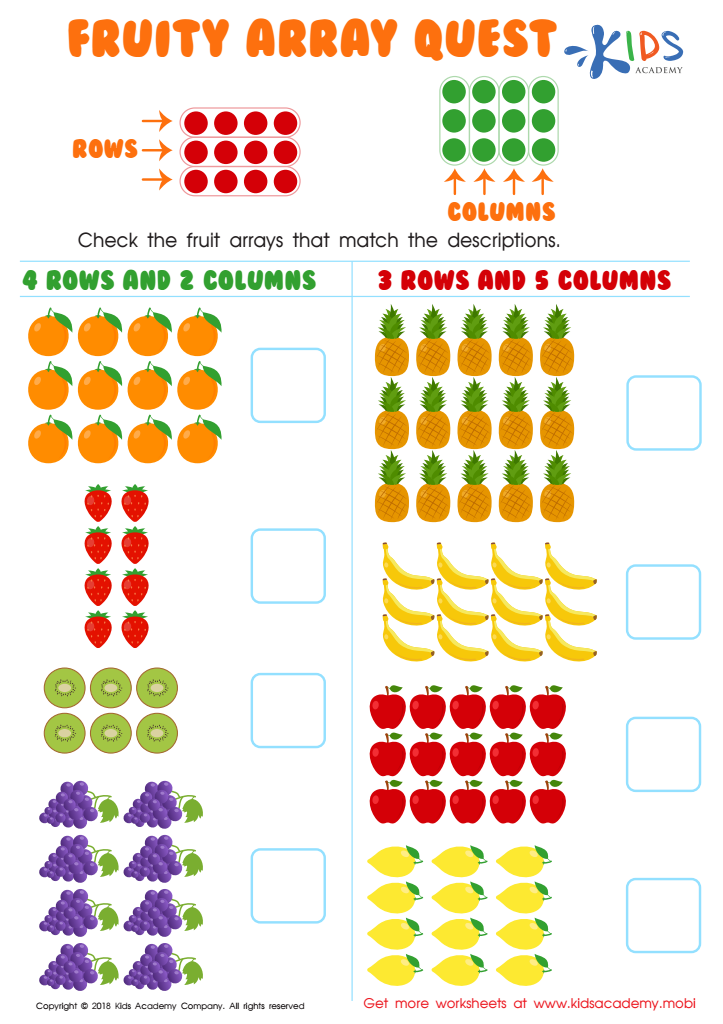

Fruity Array Quest Worksheet
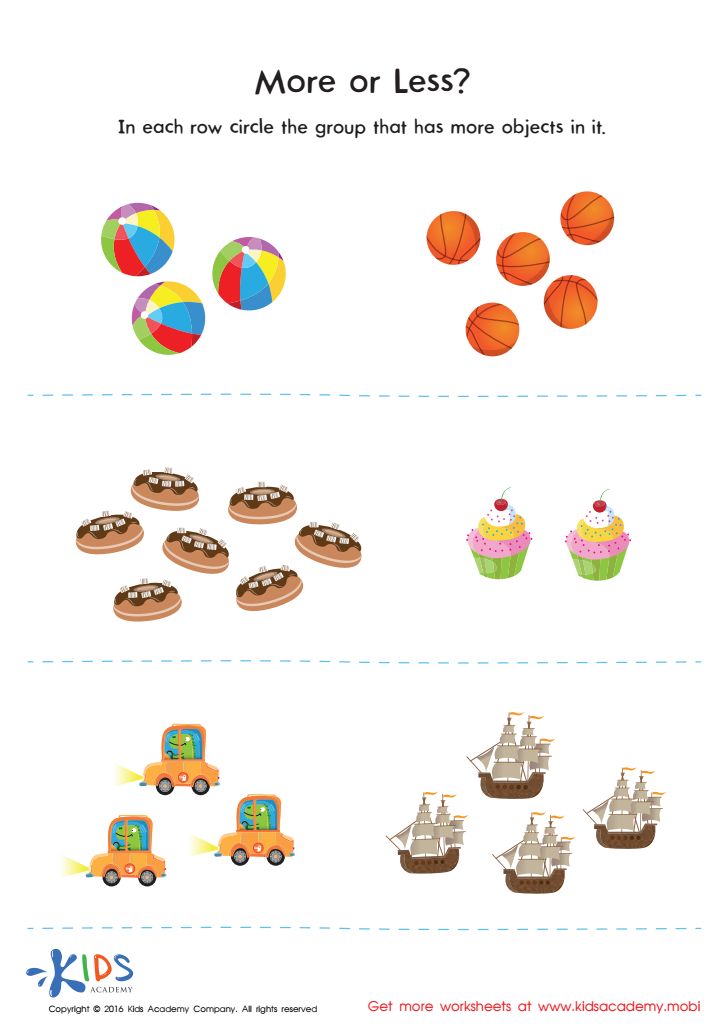



Colorful Arrays Bingo Worksheet


Logic Game Sorting Worksheet
Logical Thinking worksheets activities for Grade 2 play an indispensable role in nurturing young minds to become adept problem solvers and critical thinkers. As children step into Grade 2, they are at a crucial developmental stage where their cognitive abilities can be significantly enhanced through structured and engaging exercises. Here's why these worksheets are so beneficial:
-
Foundation for Critical Thinking: Logical Thinking worksheets activities for Grade 2 lay down the groundwork for critical thinking skills. These activities challenge students to go beyond memorization and encourage them to understand the 'why' and 'how' behind various concepts.
-
Enhanced Problem-Solving Skills: Through puzzles, sequence solving, and pattern recognition exercises, children learn to approach problems systematically. This not only enhances their academic performance but also prepares them for real-life situations where logical reasoning is key.
-
Boosts Confidence: As children successfully solve the challenges presented in the worksheets, their confidence in their abilities grows. This newfound confidence can encourage them to tackle more complex problems and participate more actively in class discussions.
-
Encourages Independent Learning: Logical Thinking worksheets activities are designed in a way that students can often work through them independently. This promotes self-learning and helps children understand the importance of perseverance and self-motivation.
-
Develops Mathematical Thinking: Many of the skills honed through these activities directly correlate with mathematical concepts. By understanding patterns, sequences, and logical sequences, children find it easier to grasp more abstract mathematical ideas as they progress in their education.
In summary, Logical Thinking worksheets activities for Grade 2 are not just about solving puzzles or getting the right answers. They are about nurturing a generation of thinkers who can critically analyze information, solve problems efficiently, and approach learning with curiosity and confidence. Engaging students with these activities from an early age sets a strong foundation for their academic and personal success.

 Assign to the classroom
Assign to the classroom


